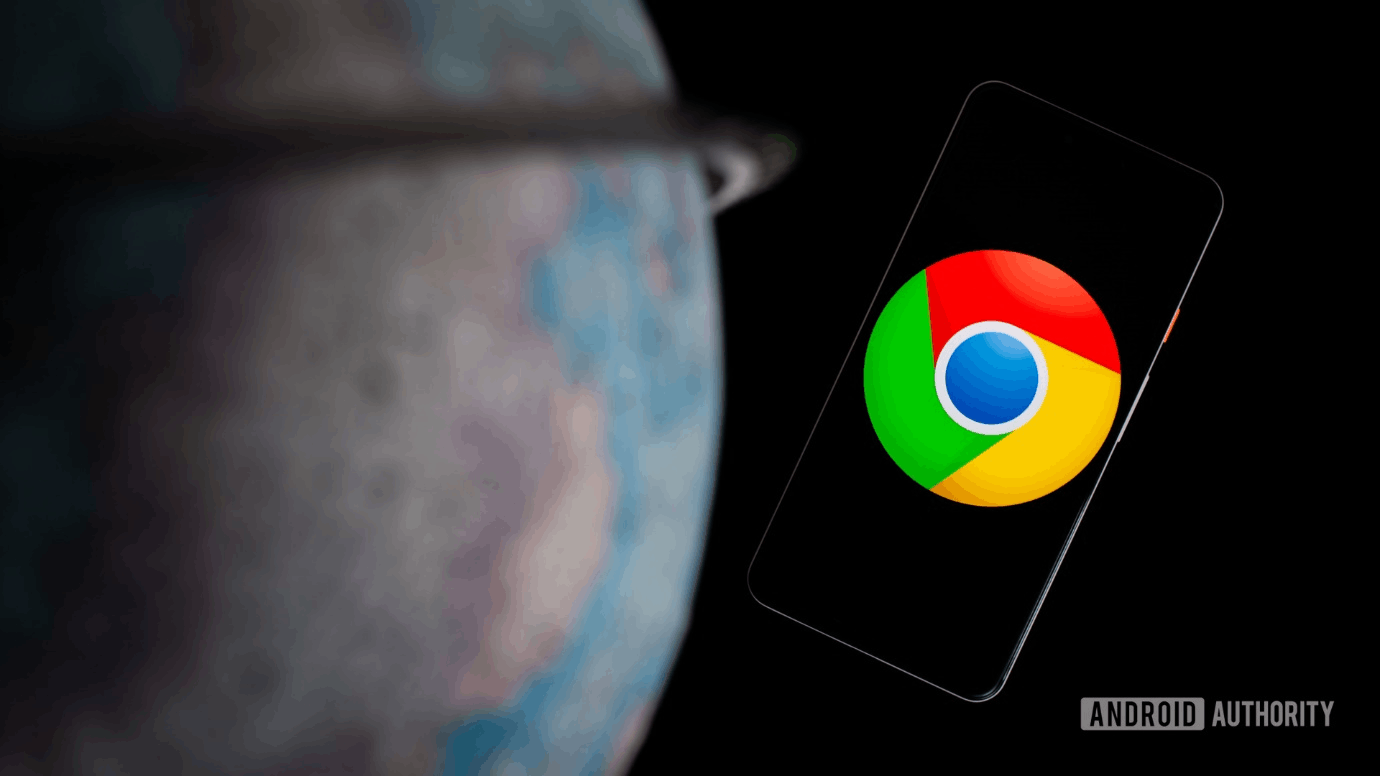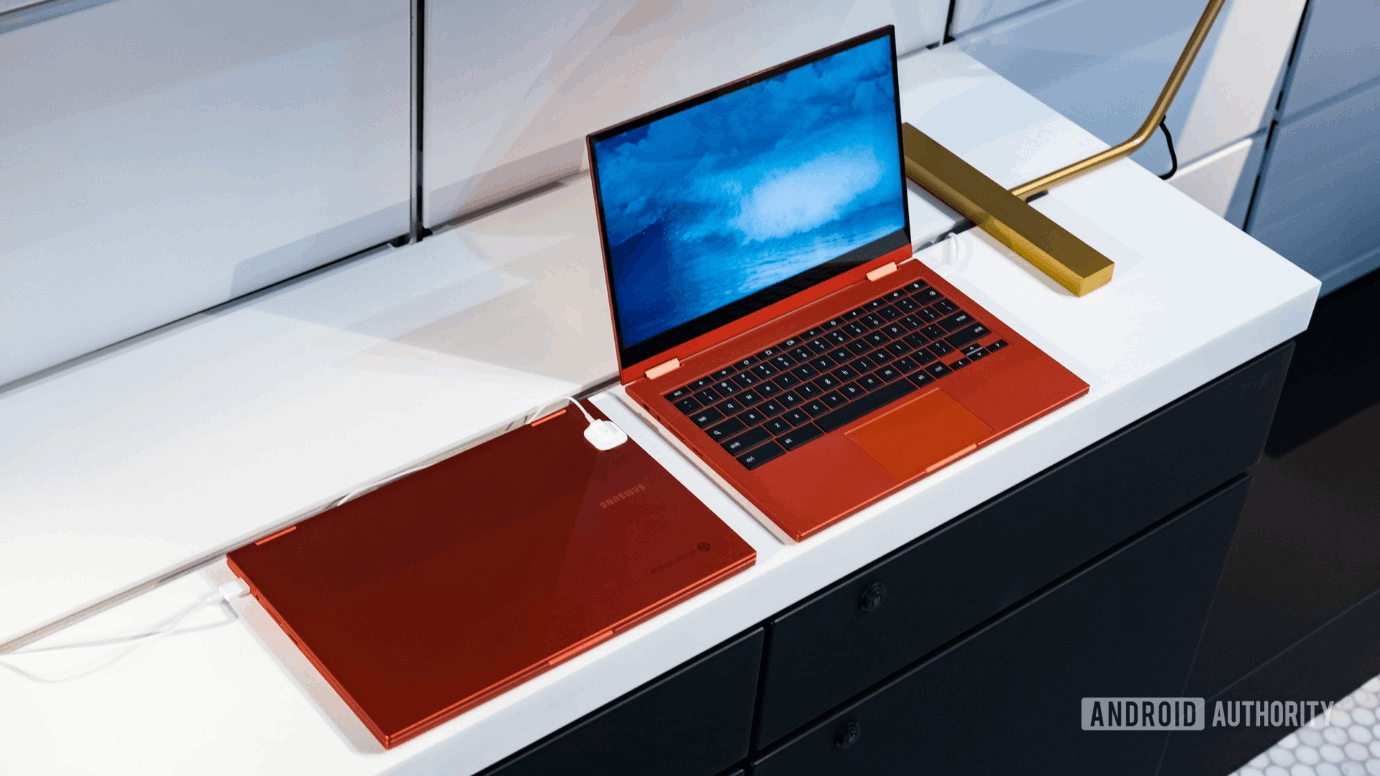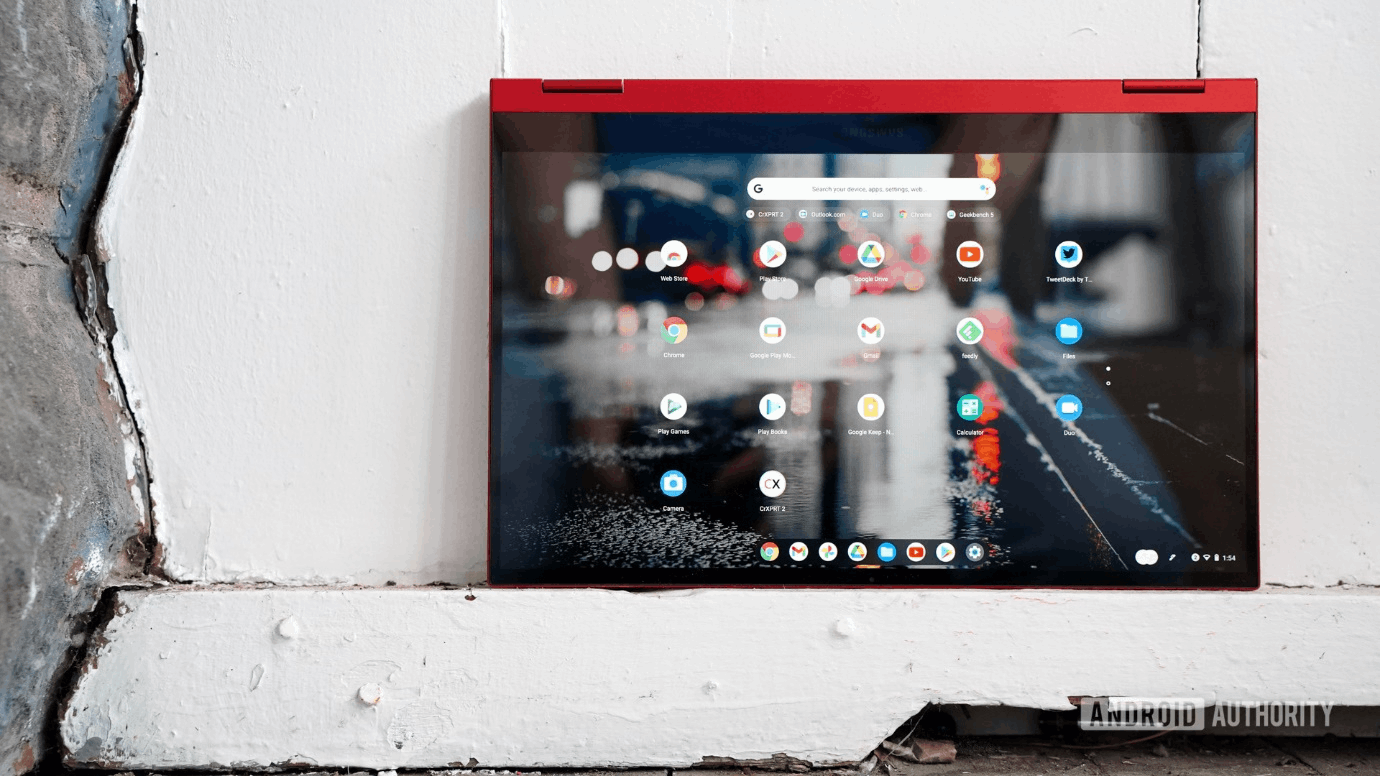Chrome Operating Systems
Operating systems like Windows and macOS have competition in the form of Google's Chrome OS. It's a fantastic tool, but it has advantages and disadvantages like its competitors. To make an informed decision about purchasing a Chromebook, you should first understand what Chrome OS is, how it differs from other operating systems, and who should and should not use it. All of these and other concerns are answered in this article.
Consider a Chromebook if you're in the market for a new notebook. You may have observed that Chromebooks use their operating system called Chrome OS instead of Windows or macOS. Would you prefer a more traditional operating system for your notebook, or is this something you would want?
Describe Chrome OS
Google created an operating system called Chrome OS specifically for the Chromebook series of computers. These laptops were initially just web browsers taking over the entire machine and mainly intended to interact with web apps.
Google created and owned the operating system known as Chrome OS. The Google Chrome browser, the most popular web browser worldwide, inspired the moniker. It is open-source and built on Linux, making use of it free.
- The ease of use of Chrome OS is one of its major benefits. Chrome OS is primarily a web browser at its heart, even though it has a desktop experience identical to the one you get on a Windows computer.
- Everything you can do in a browser on competing operating systems like Windows and macOS, including watching movies and browsing social media, is also possible with Chrome.
- Chrome OS was created with ease and protection in mind. Early on, Google mandated that makers of Chromebooks use SSDs rather than traditional hard discs because of their faster rates and reduced power requirements.
- Early SSDs in the 2010s had lower capacities, but this was not a problem because Chrome OS prioritizes online usage over local storage.
A significantly altered variant of the Gentoo Linux system is known as Chrome OS. Like the connection between the Chrome and Chromium browsers, Chrome OS has an open-source version dubbed Chromium OS, where most of the work occurs.
According to the initial design paper, Google's use cases for Chromebooks are as a secondary device for quick chores like email or online searches.
The firmware on a Chromebook is slim and lacks some hardware functions that you might find on a conventional Computer BIOS. As a result, Chrome OS is built for efficiency and safety. At boot time, the system checks the operating system's security and automatically performs any necessary corrections if it discovers any changes to the system files. Additionally, the Software is sandboxed to prevent an attacker from taking over the complete system.
- The firmware of Chrome OS will alert the user to initiate the recovery process if it discovers that the OS is corrupted or absent upon startup. Because security is a top priority for Chrome OS, upgrades are frequently published, and OS versions last only a few weeks.
- The version codes generally correspond to those of the Chrome browser on other OSes. According to Google's Auto Update Policy, upgrades for Chrome OS are guaranteed for a specific amount of time. Products released in 2020 and afterward will have a minimum eight-year warranty.
- Because of their affordability, security, and capacity for centralized management via a web-based admin interface, Chromebooks appeal to the education sector, especially K–12 education in the United States. Some businesses employ them for similar purposes.
- Most Chrome OS devices launched in 2017 or later have access to the Google Play Store like Android smartphones do. The majority of the applications that you can acquire and use on your Android phone are, therefore, also compatible with Chrome OS.
- But remember that not all of these applications have been tailored for Chrome OS. These can be used in phone screen mode, which only uses a small part of the Chromebook's screen. Visit our specialized piece to find out more about how to operate Android apps precisely on Chrome OS devices.
The ability to execute Linux applications on some more recent Chromebooks expands the operating system's powers. This implies that, provided the programmes are accessible for Linux platforms, Chrome OS can execute desktop-level programmes.
Another significant disadvantage of Chrome OS is its ease. You cannot obtain and use PC applications like Adobe Premiere Plus or other AAA titles like you can on Windows and macOS platforms. Only those games and apps accessible for Linux or from the Play Store can be used. This is why not everyone should use Laptops.
Difference between Chrome OS and Chrome browser

The ability to execute Linux applications on some more recent Chromebooks expands the operating system's powers. This implies that, provided the programmes are accessible for Linux platforms, Chrome OS can execute desktop-level programmes.
Another significant disadvantage of Chrome OS is its ease. You cannot obtain and use PC applications like Adobe Premiere Plus or other AAA titles like you can on Windows and macOS platforms. Only those games and apps accessible for Linux or from the Play Store can be used. This is why not everyone should use Laptops.
Some people claim that Chrome OS is nothing more than a fancy browser.
While Windows and macOS run on other machines, Chrome OS is the operating system that runs Chromebooks. You can reach the web using it because Google Chrome is already loaded. There are only so many additional features besides starting the Chrome browser and browsing the web because the system is built to be simple.
Some people consider Chrome OS to be nothing more than an enhanced browser due to its ease. While that may have been the case, it isn't today, primarily because Android applications, Linux programmes, and other offline features like document writing are supported.
Chrome OS devices

Chrome OS typically powers laptops. Many options are available at various price ranges, though less expensive models are accessible than those with high-end specifications and correspondingly high prices.
Since doing so would make this article unnecessarily lengthy, we won't give our choice for the best Chromebooks here. Visit the link to our article on the finest Chromebooks to find out which ones we believe are worth your money. We also have a rundown of the top Chromebooks you can buy for under $300 if you're on a tight budget. Alternatively, you can click on the sites below to view our brand-specific rankings of the top Chromebooks.
- On Chromebook computers, Chrome OS is used. The majority of Chromebooks are purchased from other computer retailers like Asus, Acer, and Dell, all of which Google promotes on its official Chromebook website. However, Google sells some high-end products, like the Pixelbook series.
- Traditional computers, convertible/detachable laptops, and tablets are all examples of Chromebook shape factors. Chromebooks only have a little local storage because they are mainly intended for online use, but if you require more space, you can use USB drives, SD cards, and cloud storage.
- The main draw of Chrome OS is that it bases itself on the cloud, essentially rendering the device disposable. You can go to your neighbourhood shop, purchase a new one, and log in to continue working on your Chromebook after spilling a cup of coffee.

While high-end versions are also available, Chromebooks are made to be straightforward and inexpensive. A Chrome OS device is unquestionably something to consider if all you want to do with a laptop is browse the internet, view YouTube videos, play Android games, and use the same applications you use on your phone.
- But if you're a more experienced user who wants to run Photoshop and play famous AAA Computer games, a more conventional Windows or macOS device will work better.
- Though you can obtain it from the Play Store, remember that the Android edition of an app like Photoshop is much less capable and feature-rich than the Windows counterpart.
That is merely a broad recommendation for who should and shouldn't use a Chromebook. The major advantages and disadvantages of Chrome OS are listed below if you want to learn more about the subject and decide whether a Chromebook is right for you.
Android vs ChromeOS
Google introduced support for Android applications, including access to the Google Play store, to Chrome OS, perhaps realizing the limitations of using only web apps. Almost any program in the Play store can be downloaded and used just like it would on an Android smartphone. Chrome OS tablets or convertibles are an excellent option for Android tablets because Chrome OS updates more frequently than Android and supports Android apps.
ChromeOS and Linux
Crostini, a containerized Linux development environment that operates inside Chrome OS, is one of the most intriguing recent advancements in the Linux community. Windows 10 is comparable to Windows Subsystem for Linux.
- Although Chrome OS is built on Linux, because of Chrome OS's emphasis on security, it has been challenging to access the core system. On a Chromebook, an intruder could become a master if a user could. It used to be necessary to switch to Developer Mode and install Crouton in order to use a complete Linux system on Chrome OS.
- While maintaining the security that Chrome OS is renowned for, Crostini—a clear play on the word croissant—offers a rich Linux programming environment. Even though it's still in testing, it's very helpful. Even graphical apps can be installed, something Microsoft promises with WSL, but that presently requires workarounds.
By default, Crostini runs Debian 10, but you can also load other distributions. Even better, installing it only requires a few keystrokes. Although it's intended for developers already acquainted with Linux, it would be an excellent starting point for those new to the command line.
Chromebook expansion
Since the Chromebook's official debut a decade ago, the technology has completely revolutionized the notebook industry. Chromebooks outsold Apple computers in 2020 and reduced the market share of Windows. By obscuring Chrome OS's Linux roots, the fabled "year of the Linux desktop" may come to pass. As was previously stated, Chromebooks are very common in classrooms. In 2019, Chromebooks accounted for 60% of all school laptop purchases.
Microsoft's ability to fend off the Chrome OS assault will only become clear with time. Microsoft released its simplified operating System, Windows 10X, for low-end devices in response to the success of Chromebooks. Still, Linux supporters predicted that when Microsoft ceased maintaining Windows XP, users would migrate to Linux instead of Windows 8.
Are You a Good Fit for Chrome OS?
What you want to do with your computer will determine whether Chrome OS is your best choice. A Chromebook is a good choice if your primary work is done online using web-based programmes like Gmail, Office 365, and Google Documents. A Chromebook is useful for these quick web chores, even if it isn't your main tool.
Similarly, you can run Crostini on your Chromebook if you like working with Linux but want to avoid arguing with your system over drivers. On the other hand, if you enjoy playing intense Computer games, you should wait. However, this may alter since game streaming services like Google Stadia, Shadow by Blade, and Nvidia GeForce.
From the time when Chromebooks could only use web applications, they have gone a long way. A Computer or Mac would also be better suited for you now if you frequently modify images or videos. Despite this, Chromebooks are very helpful due to their ability to operate Linux and Android apps. If you've decided to purchase a Chromebook, keep reading for advice on how to make the most of it.
Pros:
- Simplicity is at the heart of Chrome OS. Even your grandmother could use the Chromebook operating system because it is so straightforward. It also operates quickly and starts up quickly.
- Affordable: Chrome OS is available for free and open-source. It does not require high-end hardware because it is made for specific activities like online browsing and operating Android applications. Because of these factors, Chrome OS devices tend to be less costly than their Windows/macOS equivalents, though some expensive versions are also available.
- Support for Android applications: As was already stated, all Chromebooks launched in the last few years support Android apps, making them much more useful than they once were.
- Support for Linux apps: Google recently introduced support for Linux applications. Since Chromebooks now accept Linux apps and have the necessary processing capacity to operate them, they can now run desktop-level Software.
- Secure: Chrome OS is much more private than Windows laptops due to its simplicity, particularly considering that most of what you obtain will come from the Play Store. Additionally, Chrome OS is updated frequently and automatically, including malware security.
- Cloud-based: Chrome OS is made primarily for the cloud. You can use all of Google's services, such as Google Docs to create papers, Drive to store files, and Photos to store all your pictures. That implies that, wherever you are, you can view all of these files and documents on other devices with an internet link. Additionally, you can be certain that your data won't be gone if your Chromebook is stolen, misplaced, or damaged.
- Weight: Because Chrome OS-powered devices typically lack big hard drives and other high-end components, they are lighter than most other computers, making them perfect for travellers.
- Battery life: Because Chromebooks don't require a lot of electricity and Chrome OS is a lightweight operating system, battery life is typically very good.
Cons:
- Software compatibility: We've already touched on this, but it bears repeating since it is Chrome OS devices' greatest flaw. The complete versions of Microsoft Office, Photoshop, and many other applications cannot be used on Chromebooks unless the program supports Linux, which many popular applications don't. Additionally, there's a good possibility that many functions will be removed if you only use mobile applications.
- Not excellent for gaming: Chromebooks allow you to play games, but your options are restricted to those found in the Play Store. Therefore, since Chrome OS devices do not allow AAA titles, you cannot play them on them. However, even if they did, Chromebooks aren't particularly capable computers, so that you couldn't play many of them. Remember that this is evolving as online gameplay becomes more prevalent and new services like Stadia enter the market.
- Limited storage: Because Chromebooks are cloud-based, their storage capacities are typically much smaller than those of Windows laptops. Expect about 64GB, not 500 GB. Since you don't need much room, this isn't a major disadvantage, but it is still important to note.
- Unplugged mode: Chrome OS devices function most effectively when you have internet connectivity. Although they can be used offline, the results aren't always the greatest. Some applications won't operate offline, while others will only have certain features available.
- You can also find Chrome OS on a few devices and laptops. These gadgets are even more portable, and if you need to compose a lengthy email or make a document, you can combine them with a keyboard. You can also find Chrome OS on a few devices and laptops. These gadgets are even more portable, and if you need to compose a lengthy email or make a document, you can combine them with a keyboard.